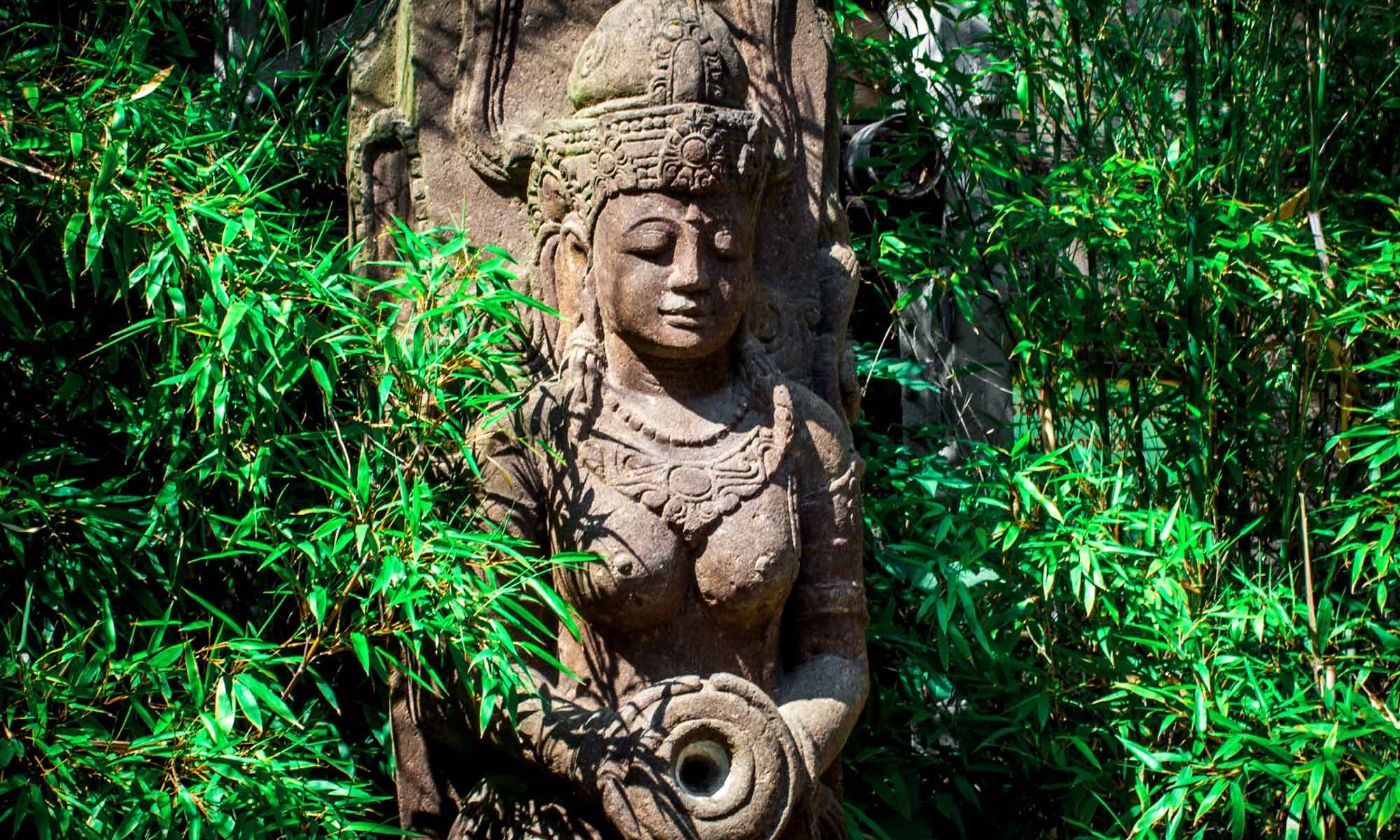Announcing Scholar Salon 4
Scholar Salon: Filmmaker Emily Packer’s Vision of Mythic Motherhood on the Border
February 22, 2020
2pm Eastern Standard Time
ASWM Online Scholar Salon with Filmmaker Emily Packer
La Frontierra Chingada is a 2015 poetic non-fiction film about motherhood on the US-Mexico border. Mythic figures like Tonāntzin, the Virgin Guadalupe, la Llorona and la Chingada, manifest themselves at Friendship Park–a space where families on either side of la frontera can come together, but meet there under extreme conditions of surveillance. Guided in part by conversations with the filmmaker’s matrilineal family, the film concerns itself with relationships betweenwomen’s bodies, space, and the shared land and history in the San Diego-Tijuana region.

Emily Packer is an experimental non-fiction filmmaker with an interest in border culture and border theory. She says, “A huge part of my trepidation in making this film was about not wanting to presume to be able to make a relevant film about the border as an Anglo American filmmaker. But I think it’s incredibly important for white artists to make reflexive work about the border, given that we are implicated in its existence, and that our understanding and perspective shift is necessary to improve the situation (which includes death, dehumanization, and forced separation of family). At some point I gave myself permission to trust that I could make meaningful art about the border, and that the story I had to tell was important.”
See the one-hour film, available now in ASWM’s member-only resource library, and join us for a conversation with Emily about crossing and transforming borders that separate us. The Salon discussion will be moderated by Natasha Redina, a filmmaker and ecotherapist who is a member of ASWM’s advisory board.
La Frontierra Chingada: a film
“Under the Husk”: Special Film at ASWM Conference
“Ohero:kon – Under the Husk,” by Katsitsionne Fox

“Ohero:kon – Under the Husk” is a 26-min documentary following the journey of two Mohawk girls as they take part in their traditional passage rites to becoming Mohawk Women. Kaienkwinehtha and Kasennakohe are childhood friends from traditional families living in the Mohawk Community of Akwesasne that straddles the U.S. / Canada border. They both take part in a four-year adolescent passage rites ceremony that we were able to revive for our youth even though it had not been practiced for generations. This ceremony challenges them spiritually, mentally, emotionally and physically. It shapes the women they become.
The ceremony is called Ohero:kon because the corn is a metaphor for the youth that are meant to be protected by the husk until they are grown. We started with seven youth, and in just ten years there were more than 80 youth with Ohero:kon branching out to sister communities as well. The women and men in our community were called upon to be aunties and uncles to these young people and guide them through a transition we had never experienced ourselves. We learned with them and were amazed by how this ceremony awakened their gifts and strengthened their spirits.
“There are so few films that reflect the true strength and beauty of our young people, especially our young women. It is important for us to be in the driver seat of these stories of hope and empowerment that are unfolding in Native communities across Turtle Island.
The Film “Ohero:kon – Under the Husk” has screened across the country at a variety of film festivals. The film engages the audience to reflect on the importance of recognizing Rites of Passage in their own culture. I enjoy the dialogue that is sparked by the film.”
—Melissa Katsitsionne Fox
“ Ohero:kon: Under the Husk” has won the imagineNATIVE Jane Glassco Award for an Emerging Filmmaker (2016) and the LA Skins Fest – Achievement in Documentary Filmmaking Award for 2016. It is available for purchase through Women Make Movies.






You must be logged in to post a comment.